INTERVIEWS
Bibiana Ximena Sarmiento Álvarez
Interviewer: Marcela Torres Molano
Language of interview: Spanish
Country of practice: Colombia
Profession: Law professor at Universidad Externado de Colombia
Bibiana Sarmiento is a Colombian lawyer and professor at Universidad Externado de Colombia. Her interests focus on matters of forced displacement, access to justice in the Colombian conflict, and post-conflict restorative justice. Through a participatory methodology in collaboration with displaced populations her research explores a community-based concept of justice that includes a restorative perspective. A concept that aims to guarantee social, economic, and cultural rights to the participants, instead of applying punishments such as the deprivation of liberty, common to traditional justice.
During our conversation, Sarmiento gives several examples of restorative justice. She focuses on two projects that use institutional spaces for restorative purposes. The first one is a residential house near the city of Bogotá that, despite serving as a temporary home for displaced people, uses a nondescript site with poor spatial conditions, resulting in a lack of a welcoming environment and a feeling of home. Moreover, it is located in a socially deprived area, making access to the house difficult from any point of the city.
The second case, “La Casita”, located in the centre of Bogotá, is a project that, despite being purposely designed as a welcoming space for restorative practices, has not achieved the dismantling of the hierarchical relations between participants and institutional spaces. According to Sarmiento, as a consequence of architects and designers being generally distanced from alternative justice processes, participants are not provided with an opportunity to have a sense of belonging within the spaces. As such, Sarmiento considers that participants of restorative and transitional justice programs must play an active role in all stages of the process to be able to design, modify and be represented by the spaces. To conclude, she argues for a collaboration between professionals of cultural heritage, architecture, social work, users, and future participants, to work towards the design of adequate, flexible spaces that are open to constant transformation, and nurture reconciliation.
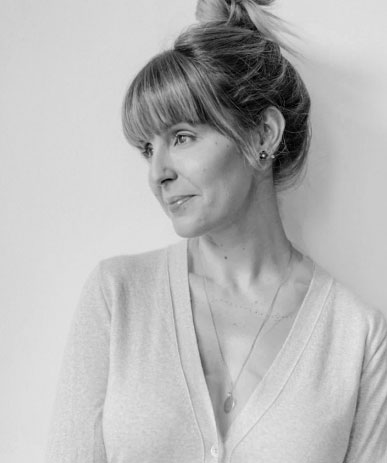
is an author, speaker, columnist, and podcaster in the fields of architecture and decorative arts. She is completing her MA in Art History at Concordia University, Montréal, and holds a Bachelor of Commerce with a major in Marketing from John Molson School of Business. She studied Industrial Psychology in Los Angeles, California. Sicotte is the author of two published books on design (2015, 2018) published by Les Éditions Cardinal.

is a Colombian PhD candidate in the Department of Art History at Concordia University. She has a background in architectural design and community activism and holds a master’s degree in Building and Urban Design from the Bartlett School of Architecture in London, England. Her interests focus on socially-engaged art, social movements, collaborative activism in post-conflict scenarios, collectively-produced art, and art produced in relation to the built environment.
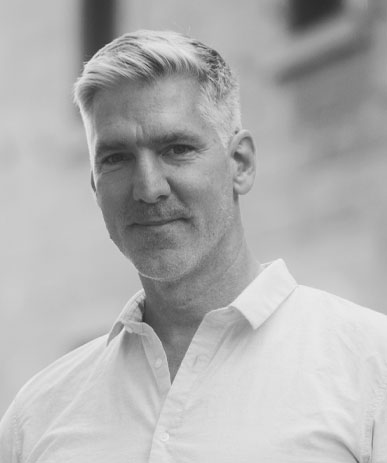
is a PhD candidate in Humanities at Concordia University. His research focuses on spatial agency, social aesthetics, youth narratives, and graphic representations of urban memory. He has published on the relationship between children, play, and public space in Cartagena, Colombia. He has also worked as an editor on literary projects, including Territorio Fértil, which received the María Nelly Murillo Hinestroza award for Afro-Colombian literature.
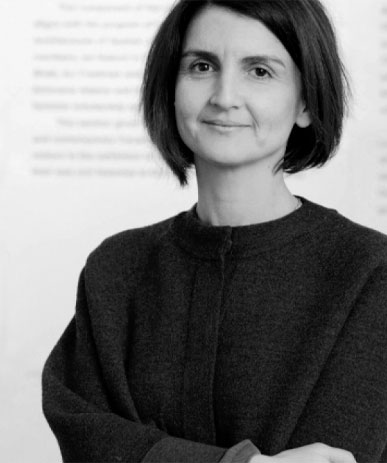
is Associate Professor and Canada Research Chair in Architectures of Spatial Justice (Tier 2) at the Peter Guo-hua Fu School of Architecture at McGill University, Montréal, Québec, Canada. Her research interests include low-income housing and participatory design, civil protest and urban design, and campus landscapes and race. Her publications include the co-edited book, Orienting Istanbul (2010) and solo-authored book, Istanbul Open City (2018).
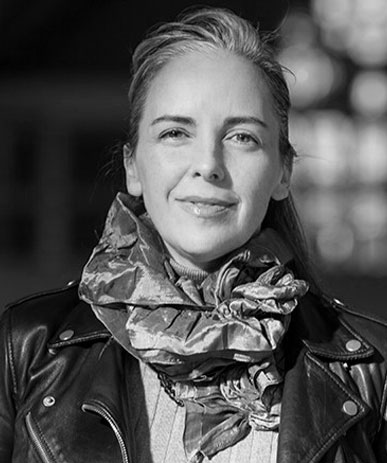
is an artist and a professor of Art History at Concordia University. Her work focuses on women and the history of the built environment, urban landscapes, research-creation, and oral history. She has published on the spatial history of the suffrage movement, public art, gardens, and the politics of urban change. In addition to her research on the spaces of restorative and transitional justice, she is leading an oral history project on the urban memories of diverse Montrealers.
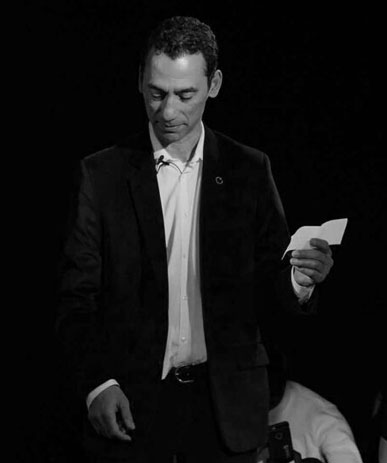
is Associate Professor in the Department of Theatre at Concordia University, Montreal (Quebec, Canada). He is also the second co-director of Concordia’s Centre for Oral History and Digital Storytelling. His latest publications explore listening in the context of post-conflict performances of memory. For instance, see ‘Facilitating voicing and listening in the context of post-conflict performances of memory. The Colombian scenario.’ In: De Nardi, S., Orange, H., et al. Routledge Handbook of Memoryscapes. Routledge: London. (2019), and his article ‘Not being able to speak is torture: performing listening to painful narratives’. International Journal of Transitional Justice, Special Issue Creative Approaches to Transitional Justice: Contributions of Arts and Culture. (March, 2020)